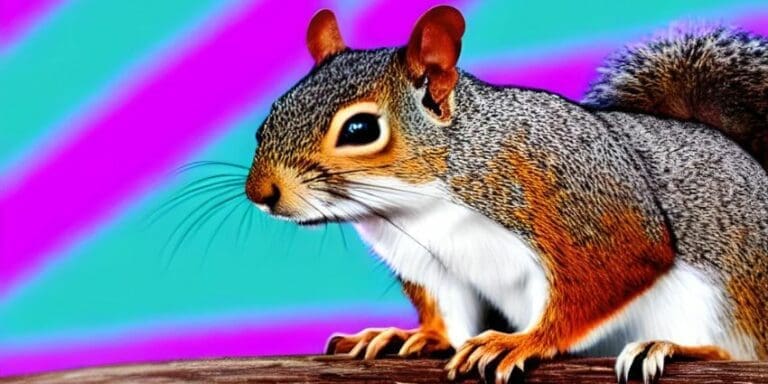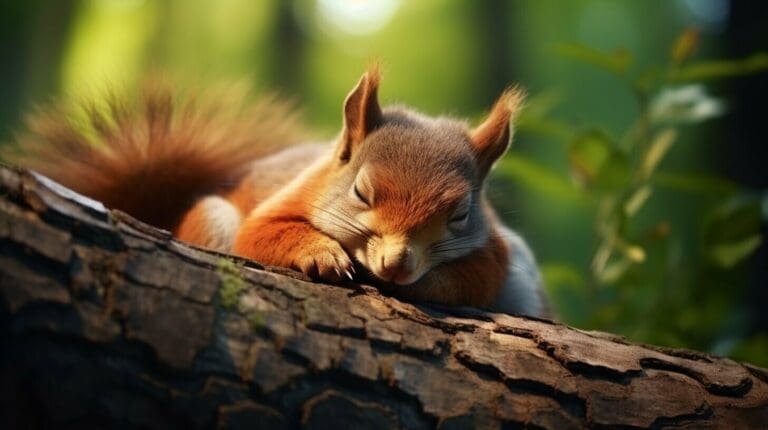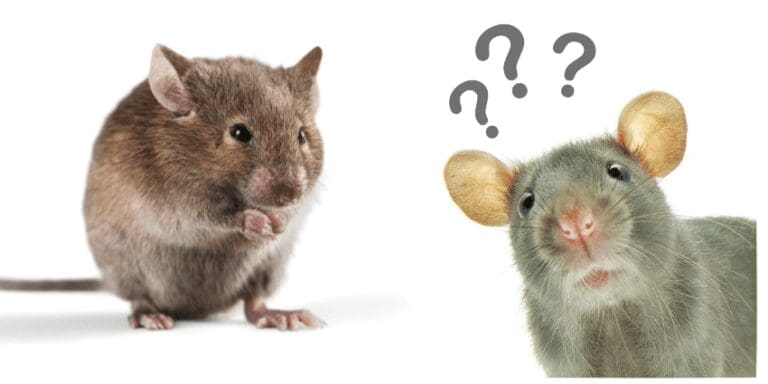Do Mice Hibernate? Unveiling the Secrets of Winter Sleep
Hey there, have you ever heard of hibernation? It’s a pretty cool phenomenon that happens in the animal kingdom. But today, we’re not talking about just any animal – we’re focusing on mice! Yes, these tiny little creatures have a fascinating way of dealing with the cold winter season. But do mice hibernate? Contrary to popular belief, the answer is actually ‘no’. In this article, you’ll discover what hibernation really means and how mice really survive the winter.
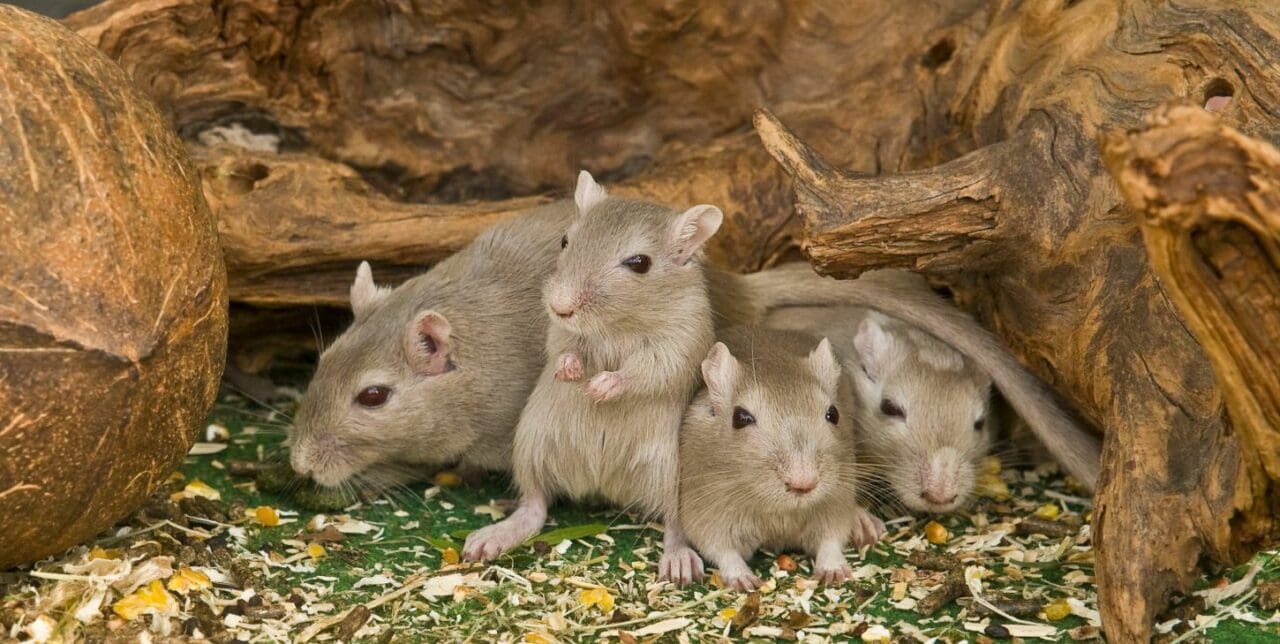
Key Takeaways
- Mice enter a state of winter torpor, not hibernation, to conserve energy during the cold months.
- During torpor, mice experience a significant drop in body temperature and metabolic rate, enabling them to survive without food or water for extended periods.
- Mice have unique adaptations such as hibernacula, thicker fur, and huddling to help them survive winter.
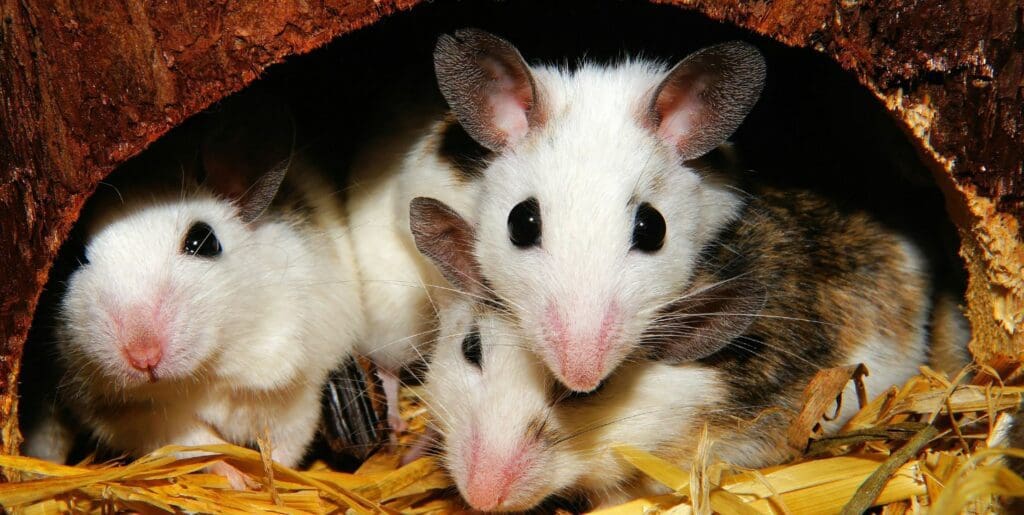
Definition of Hibernation
Essentially, hibernation is when an animal goes into a deep sleep-like state to conserve energy during the winter months.
Many mammals have adapted to hibernate during the colder months of the year, including bears, squirrels, and even hedgehogs! During hibernation, these animals enter a state of deep sleep where their metabolism slows down significantly. This allows them to conserve energy, and in some cases, go without food or water for extended periods of time.
Winter Survival Strategies for Small Mammals
But hibernation is not just about sleeping – it’s also about survival. Small mammals, like mice, have developed various strategies to survive during the harsh winter season. Some of these survival strategies include storing food and building warm nests to escape the cold.
So, as you can see, hibernation is a complex and fascinating process that helps animals survive the toughest season of the year. In the next section, we’ll dive deeper into how hibernation works specifically for mice.
Now, let’s take a closer look at how hibernation works specifically for mice. Instead of traditional hibernation, mice enter a state of winter torpor.
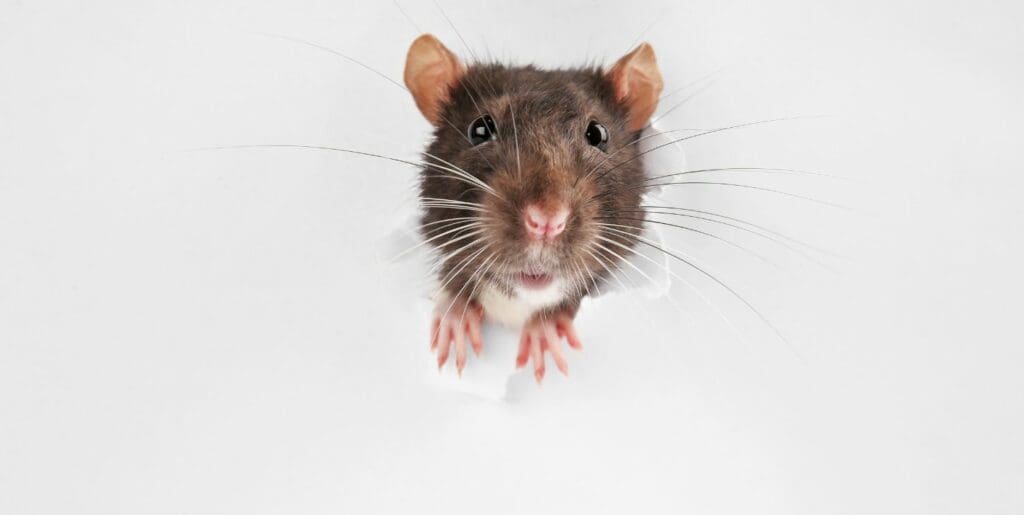
Exploring Winter Torpor: How Mice Hibernate in Their Own Unique Way
What’s winter torpor, you ask? It’s basically a deep sleep that drastically lowers their metabolic rate, which allows them to conserve energy during the cold winter months. During torpor, mice experience a significant drop in body temperature, heart rate, and respiration.
The Amazing Science Behind Mouse Winter Torpor – Metabolic Changes
But how do mice enter this state of torpor? Well, it’s actually pretty interesting. When mice sense a decrease in temperature, their bodies naturally produce a protein that signals them to enter torpor. Once in torpor, their body temperature drops, and they become unresponsive to stimuli.
During this state, their metabolic rate can drop by up to 90%, which allows them to survive for extended periods of time without food or water.
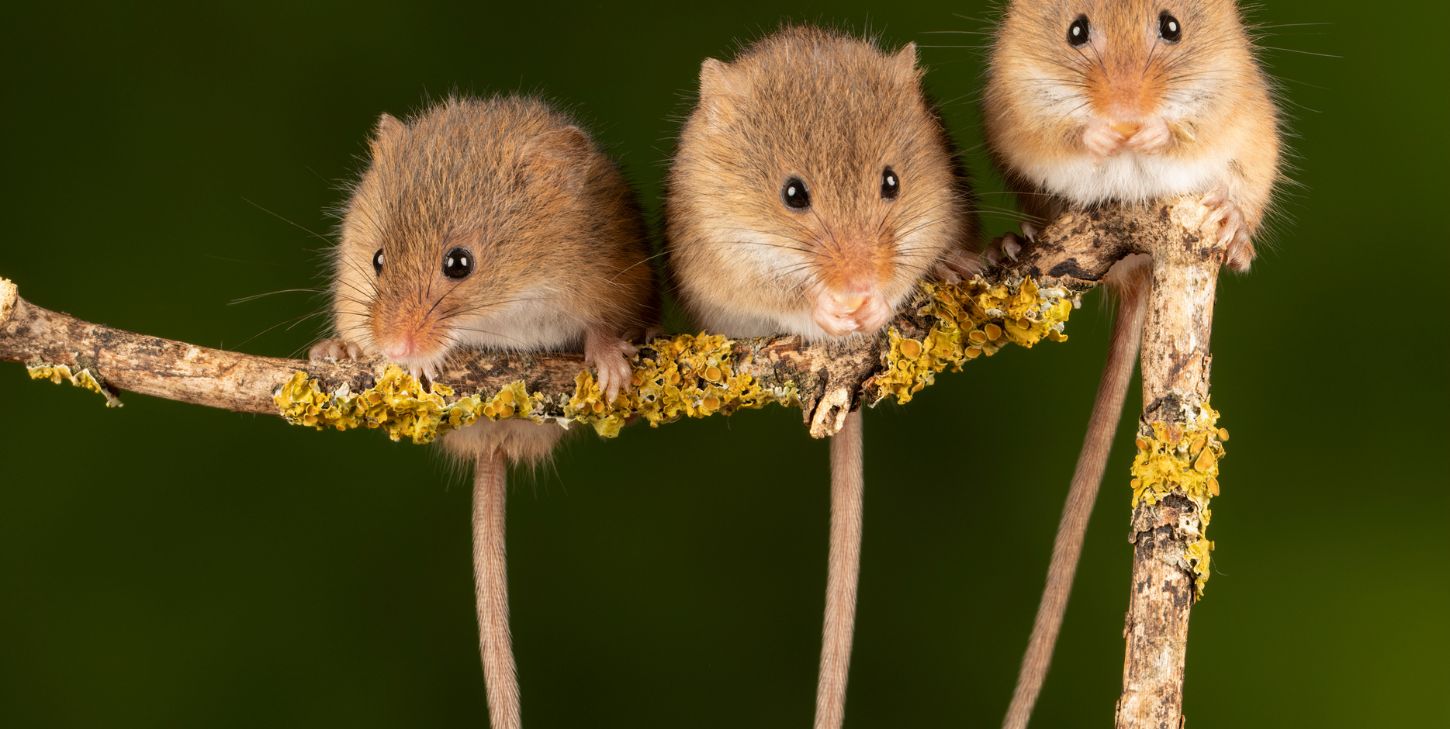
Mice vs. Other Hibernating Animals
It’s worth noting that torpor in mice is different from hibernation in other animals. For example, some animals like bears can remain in a state of hibernation for months, whereas mice may only enter torpor for a few hours or days at a time.
So, while mice may not hibernate in the traditional sense, they still have a clever way of surviving the harsh winter season through their unique process of winter torpor.
Subscribe to the Free VIP Squirrel Scoop Insider Magazine
Written by none other than Bart the Balcony Squirrel, this lighthearted take on life and current squirrel-related world events is sure to bring a smile to your face. From his perch on the Kitty City Squirrels balcony, Bart brings a unique and entertaining perspective to every issue. Why wait, Subscribe now!
Mouse Hibernacula: Cozy Underground Burrows
So, we’ve talked about how mice enter a state of winter torpor, but where do they go to sleep it off? Well, they build their own cozy little homes called hibernacula. These small underground burrows provide a safe and warm place for mice to spend their winter.
Mice Winter Adaptations: How They Brave the Cold
During this time, mice enter a state of dormancy, where their body temperature and metabolism slow down to conserve energy. They’re so good at conserving energy, in fact, that they can survive for months without food or water.
But that’s not all. Mice have also developed other adaptations to help them survive the winter. For example, they’ve grown thicker fur coats to keep them warm, and they’ve also been known to huddle together for extra warmth.
All of these adaptations give mice a big advantage when it comes to surviving the harsh winter season. Their unique biology and behaviors allow them to endure the cold weather and come out strong in the spring.
Conclusion – Do Mice Hibernate
Wow, we’ve learned so much about mice hibernation! Let’s do a quick recap of the main points we’ve covered in this article:
- Mice don’t hibernate in the traditional sense, but instead enter a state of winter torpor.
- During torpor, their body temperature and metabolism slow down significantly to conserve energy.
- Mice build their own homes called hibernacula to sleep in during the winter months.
- They’ve also developed other adaptations like thicker fur and huddling together for warmth to help them survive the cold weather.
All of these fascinating adaptations make mice incredibly resilient creatures that can endure even the harshest winter weather.
If you want to learn more about this topic, we suggest checking out some of the resources we’ve listed below. So, keep exploring the amazing world of hibernation and never stop learning!
Want to Know More About Hibernation?
If you’re interested in learning more about hibernation, there are plenty of great resources available to you! For a closer look at some of the unique hibernation patterns of different animals, check out articles on raccoon hibernation, arctic ground squirrel hibernation, and squirrel hibernation.
If you’re wondering how squirrels manage to stay warm during the winter months, be sure to read up on how they do it. And for a deeper understanding of winter survival, read where squirrels go during the winter, and where do squirrels sleep.
![Mystery of Squirrel Teeth & Malocclusion [GREAT PHOTOS]](https://b2343080.smushcdn.com/2343080/wp-content/uploads/2022/11/squirrel-teeth-squirrel-skull-1-768x384.jpg?lossy=2&strip=1&webp=1)
